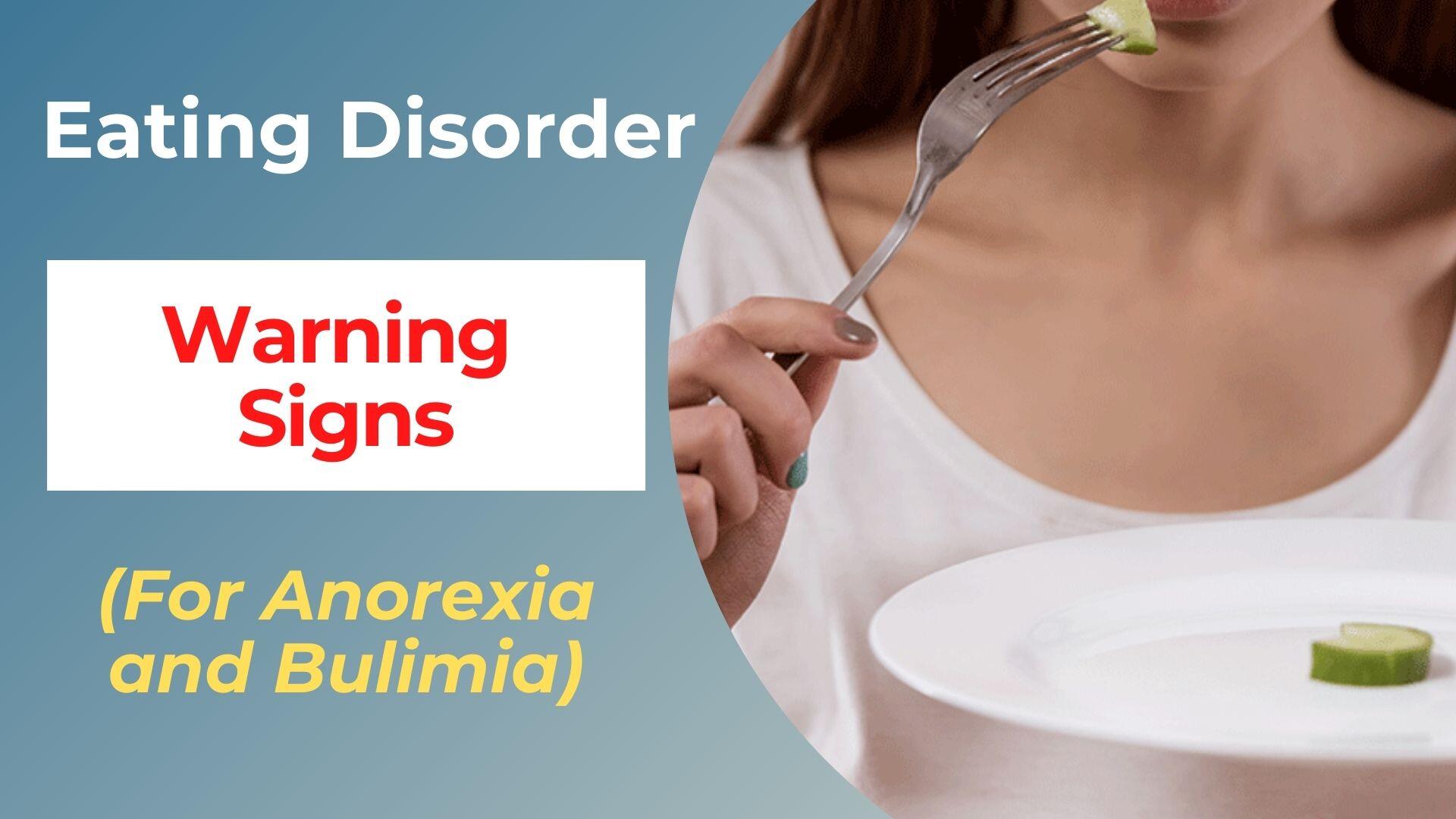Parenting teenagers is not an easy task.
With all the hormones and changes teens go through as they progress from childhood to adulthood, it can be a difficult time for parents to navigate through.
Alongside the usual teenage problems of moodiness and reluctance, there is an increasing prevalence of eating disorders in teens. Most problems with disordered eating begin in adolescence and young adulthood.
What’s more, eating disorders are much more common among girls, but they can affect boys too. While studying in detail what your teenager is or isn’t eating could be counterproductive, it’s important to be aware of warning signs.
Types of eating disorders
The term ‘eating disorder’ encompasses lots of different problems. Often, an eating disorder develops due to bodyweight perceptions, body dysmorphia, or simply because it’s something a teenager can control.
There are lots of causes and consequences of eating disorders. The two most common are anorexia and bulimia.
The problem of eating disorders
Besides the physical health problems that come from bodyweight changes, having an eating disorder has lots of damaging effects on a person’s overall well-being and there are lots of social effects too, including isolation and low self-esteem.
As a result, teenagers can struggle with their education. Many have attendance problems at school, college or university. Without treatment, eating disorders can kill. So, without further ado, let’s look at typical eating disorder warning signs.
As well as health risks, education can suffer. Whether your teen is at school, college or university, they will often struggle with their learning.
It might even be too difficult to get to campus and course grades for all subjects might start slipping. Thankfully, online help is available from sites like EduBirdie. Whether it’s help with studying or understanding some missed lessons, the internet is a great tool.
While online help can provide the needed support in the case of eating disorders in teens when it comes to education, the parents also need to step in and organize more support to solve the issue.
What are the signs of eating disorders in teenagers?
It isn’t out of the ordinary for teenagers to experiment with food and diet as they navigate to adulthood. It’s during adolescence that teens often experiment with vegetarianism or veganism, for example.
Often, this doesn’t mean they are developing an eating disorder, but it could be one of the first signs of an eating disorder. It can be difficult to spot an eating disorder until it’s well established because teens work hard to hide it.
However, if you don’t notice the eating disorder behaviors for a while, don’t be too hard on yourself. It can be notoriously difficult to spot eating disorder warning signs.
1. Understanding Anorexia Nervosa
This eating disorder is characterized by a fear of gaining body weight and a strict drive to be thin. There is no specific cause of anorexia, but its influencing factors include psychological, biological, and environmental.
Anorexia sufferers will worry constantly about their calorie intake. They may obsess about how much fat is in a food or have written down the list of products allowed to eat. Anorexics often take water pills, laxatives, or diet pills in their search for thinness.
They may also exercise excessively. Parents should be aware if they notice teenage eating habits or rules that are out of the ordinary.
Professionals working at Visions teenage rehab centers can help you figure out if your teenager is struggling with anorexia. If they are, they’ll also help with further treatment.
2. Being aware of anorexia symptoms

- Extreme thinness
- Expressing being ‘fat’ or ‘overweight’
- Scared of weight gain
- Food obsessions
- Severely reduced food intake
- Examining food products for fat, carbohydrates, and calories
- Having eating rituals like chewing a specific number of times before swallowing
- Excessive exercise
- Taking laxatives, water pills, or diet pills
- Irregular or missing periods in girls
- Feeling cold
- Wearing loose clothing
3. Understanding bulimia nervosa
This eating disorder, often just referred to as ‘bulimia’, is characterized by episodes of binge eating followed by episodes of purging, which is either self-induced vomiting or the use of laxatives to remove the consumed foods quickly from the body. Excessive exercise is also common after a binge.
Just like with anorexia, bulimics will go to great lengths to hide their binges and purges. They might go so far as to hide food away ready. It can be hard to spot signs of bulimia since people are often close to a normal weight, but you might notice fluctuations in weight.
Bulimia is different than binge eating disorder (BED). For more info about BED read here.
4. Knowing bulimia symptoms

- Hiding or sneaking food
- Hiding empty food packets
- Consuming small portions of foods or skipping meals
- Preferring to eat alone
- Vomiting after meals
- Using laxatives or water pills
- Fasting
- Excessive exercise
5. Knowing risks associated with eating disorders
There are many different health risks associated with eating disorders. These include:
- Poor concentration
- Stomach, heart, and kidney problems
- Osteoporosis
- Dry hair and skin
- Feeling weak
- Weight gain (bulimia)
- Dental problems (due to induced vomiting in bulimia)
- Death (in extreme cases)
Final thoughts
Discovering your teenager has an eating disorder is hard. Knowing the early warning signs and of an eating disorder is vital as early help is key to improving the condition.
Of course, the priority will be improving the teen’s health, and eating disorder treatment may be necessary. But adolescence is also a vital time in terms of education and so being aware of services to help a teenager’s learning is crucial too.



I like that you talked about how it could be difficult to spot an eating disorder until it's well established because teens work hard to hide it. I noticed that my little sister started becoming really thin and refuses to eat much whenever we have our dinner. Our family is becoming very worried about her so we should probably ask her to undergo an eating disorder treatment program.
Hey Luke, thanks for sharing. Glad you and your family noticed and are going to ask her.
Sadly many people aren’t aware. For example, I just had a call where both Mom wanted her daughter to stop refusing to eat her cooking (that was the presenting problem) but both were ok with daughter dieting to 85 lbs!
This stuff is tough, but treatment can really help so encourage you to look into this. I think you probably know a fair amount already, so thanks for sharing.